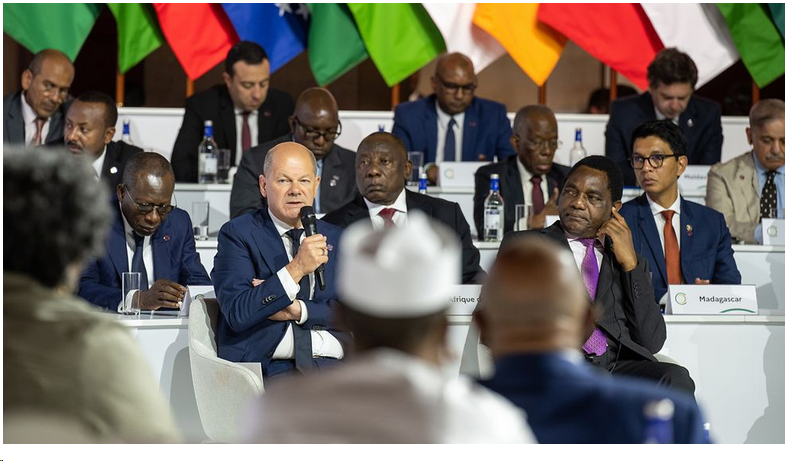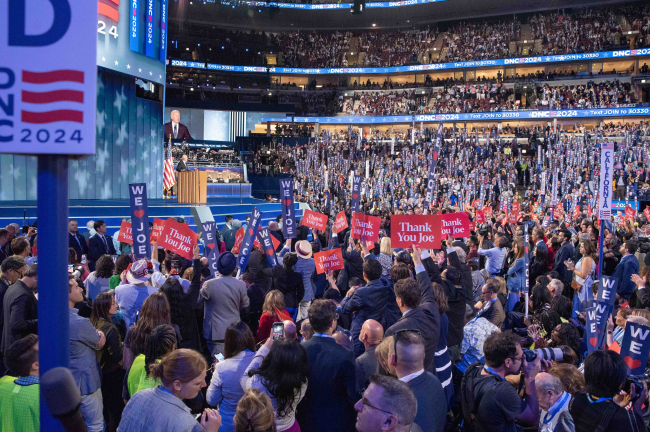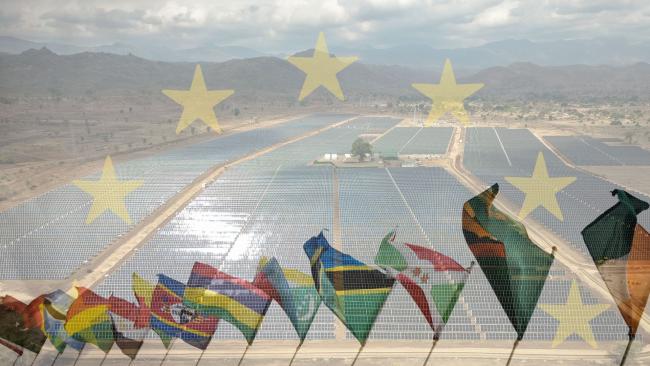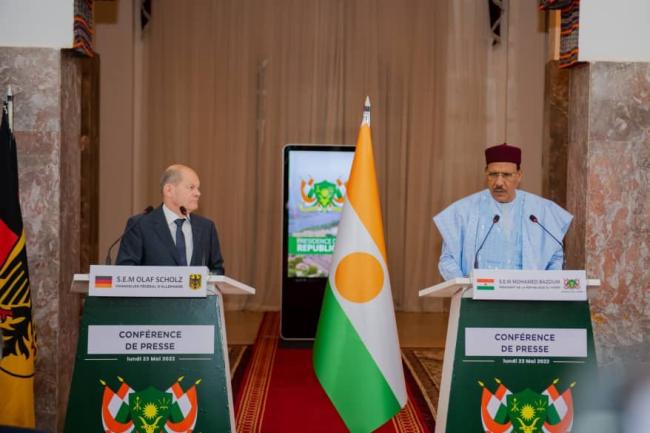
Practical information
As Africa experiences a paradigm shift in its global positioning, characterized by the rise of multiple regional and international actors, it becomes imperative to examine how traditional European powers, such as France and Germany, navigate this transformed landscape.

The conference will take place in French and German, with simultaneous interpretation.
All times are listed in Paris time (CEST).
Opening Words
9:00-9:15 CEST
Alain Antil, Head of the Sub-Saharan Africa Center, French Institute of International Relations
Henrik Maihack, Head of the Africa division, Friedrich-Ebert-Foundation (FES)
Stephan Klingebiel, Head of Programme Inter- and Transnational Cooperation, German Institue of Sustainability and Development (IDOS)
Panel 1 : French and German climate policies and approaches to energy security in dialogue with African partners
9:15-10:45 CEST
- Claire Hellich-Praquin, Director for European & International Affairs and cooperation - French Energy Regulator (tbc)
- Pauline Larat, Vice-Director of the Energy division, French Development Agency
- Annabelle Livet, Researcher, Fondation pour la Recherche Stratégique
- Christoph Retzlaff, Director for Sub-Saharan Africa & the Sahel at the Federal Foreign Office
Chair: Jeanette Süß, Researcher, Ifri
Panel 2 : Engagement, Disengagement or Reorientation? The Future of French and German Policies in the Sahel Region
11:00-12:45 CEST
- Alain Antil, Head of the Sub-Saharan Africa Center, Ifri
- Niagalé Bagayoko, Chair of the African Security Sector Network
- Emmanuel Besnier, Vice-director of Directorate for Africa and the Indian Ocean, Ministry for Europe and Foreign Affairs
- Birgit Pickel, Director-General for Africa in the Federal Ministry for Economic Cooperation and Development
- Nils Schmid, Member of the German Bundestag, Social Democratic Party
Chair: Henrik Maihack, Head of the Africa division, Friedrich-Ebert-Foundation (FES)
Panel 3 : Dealing with the past: German and French approaches to address colonial memory and calls for restitution
14:30-16:00 CEST
- Ibou Coulibaly Diop, Researcher, Humboldt University / Senate of Berlin
- Richard Legay, Senior researcher, Arnold-Bergestraesser Institute
- Elise Pape, Researcher, EHESS
Chair: Benedikt Erforth, Senior Reseacher, IDOS
Closing session
16:00-16:30 CEST
Find out more
A framework for a Win-Win Europe-Africa Energy and Climate Partnership
North-South tensions are exacerbated at a time of unprecedented turmoil for both Europeans and Africans. European polycrises (geopolitical, energy-related and economic) echo the systematic vulnerability of Africans, which is reinforced by external shocks.
After Mali, what Commitment from Germany in the Sahel?
Germany, despite the reluctance of its public opinion, is committed to supporting security in the Sahel, notably through its participation in the European Union Training Mission in Mali (EUTM) and recently in Niger, and in the United Nations Multidimensional Integrated Stabilization Mission in Mali (MINUSMA).
Related Subjects
Other events

US politics: Why are Democrats unable to come up with a project?
As President Trump's approval rating stagnates in the polls and with 18 months remaining before the November 2026 midterm elections, why is the Democratic Party unable to offer a credible and compelling alternative to middle-class American voters? On what issues and around which figures could the radical left and the moderate left find common ground by then?







